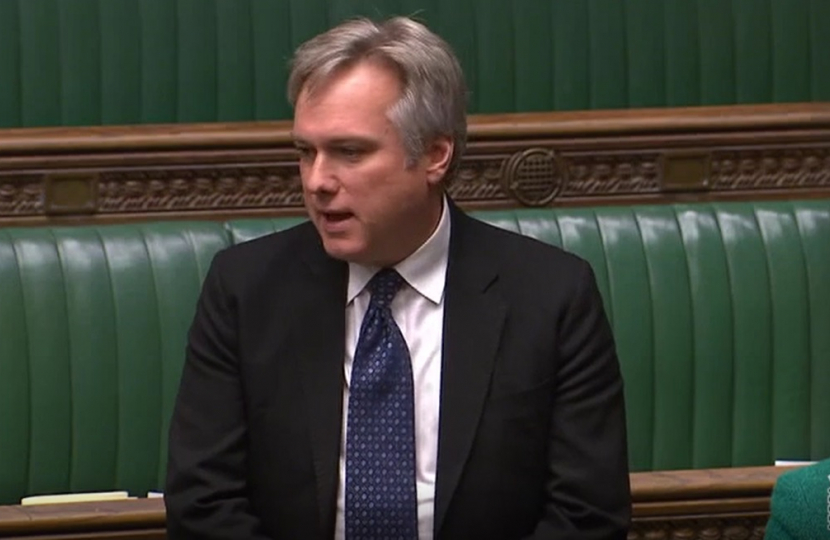
Addressing illegal migration is an issue being faced by countries throughout the world including our own.
Progress is being made in tackling illegal migration into Britain. As I write, small boat arrivals in 2023 are down by a third.
This would indeed mark the first year that numbers have dropped since this situation began, while crossings in the central Mediterranean are up by 80 per cent.
The initial asylum backlog is down from 92,000 to fewer than 20,000, more than over 22,000 people have been removed this year, and hotels are being closed through the use of alternative accommodation.
All of this is welcome progress – as well as a sign of the scale of what needs to be done and that there is plenty more to do.
The effect of deterrence has been clear. Britain’s agreement with Albania has seen some 5,000 people removed to Albania this year, and Albanian illegal arrivals to the UK are down by more than 90 per cent in 2023.
In Australia, the Operation Sovereign Borders programme cut the number of small boats arriving from some 18,000 a decade ago to virtually zero in subsequent years.
The UK’s largest small boats deal with France goes to tackle supply of boat engines and parts, the arresting and convicting of people smugglers, as well as a 70 per cent increase in raids on illegal working. Britain has signed returns and co-operation agreements with France, Bulgaria, Turkey, Italy, Georgia and Ethiopia.
Travelling illegally on a small boat across the English Channel after paying a people smuggler is no way for an immigration system to operate.
The Safety of Rwanda (Asylum & Immigration) Bill builds on the recent UK-Rwanda Treaty; making clear in UK law that Rwanda is a safe country for asylum seekers and answering concerns raised by the Supreme Court.
The legislation reiterates that Parliament is sovereign, and follows the Illegal Migration Act 2023 and the Nationality & Borders Act 2022.
The Treaty charts a rights-based path for similar collaboration with and between other countries. Illegal migration is an issue across the world. Countries around Europe including Austria, Germany, Denmark and Italy are looking into third country models.
Our country has a proud record of providing support and protection for those who need it. Since 2015, the UK has offered a humanitarian route to Britain to more than half a million men, women and children seeking safety, as well as family members of refugees. These include people from Hong Kong, Ukraine and Afghanistan.
It must be for the UK Parliament – not the evil criminal gangs – to determine who we offer such support to.
Henry Smith MP

